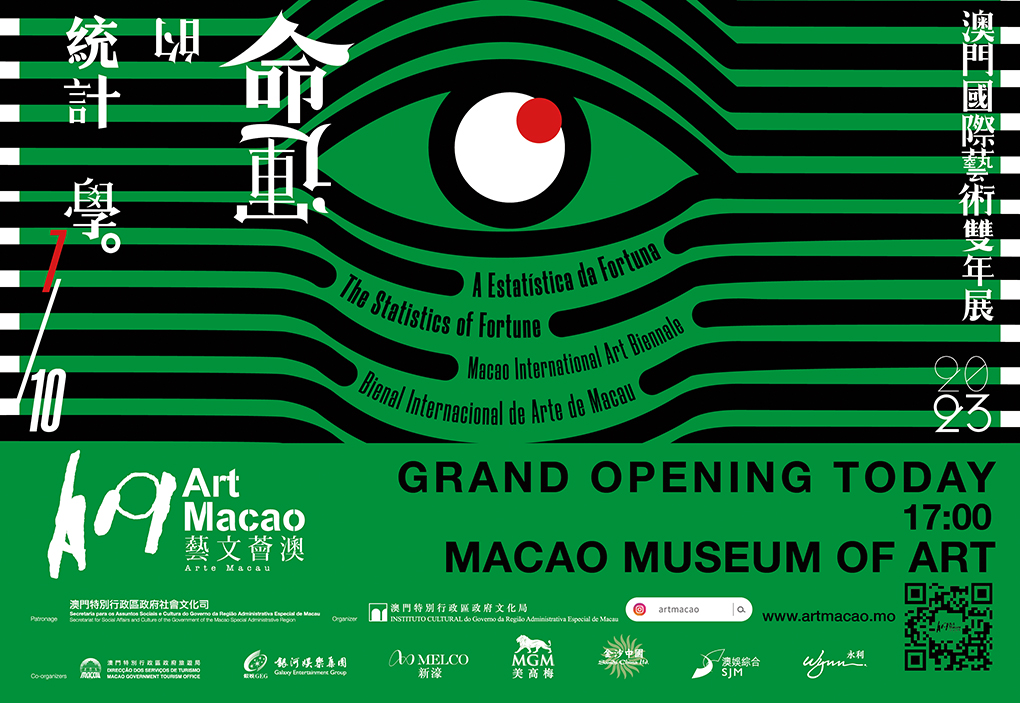Addressing yesterday’s weekly press conference about Macau’s novel coronavirus situation, the Health Bureau’s (SSM) Control of Communicable Diseases and Surveillance of Diseases Department Coordinator Leong Iek Hou announced that the government has purchased 1.2 million doses of COVID-19 vaccines developed by three vaccine developers, comprising 400,000 doses of inactivated vaccines developed by China National Pharmaceutical Group (also known as Sinopharm), 400,000 doses of mRNA vaccines developed by Germany’s BioNTech and 400,000 doses of adenovirus vector vaccines jointly developed by the Anglo-Swedish joint venture of AstraZeneca and Oxford University.
According to Leong, the Macau government expects the first batches of the Sinopharm and BioNTech vaccines to be delivered to Macau in the next quarter, while the first batch of the AstraZeneca-Oxford vaccines is expected to arrive in Macau in the second quarter of next year.
Leong also said that the Macau government has purchased 200,000 doses of COVID-19 vaccines from the COVAX Facility – the global vaccine allocation plan jointly run by the World Health Organisation (WHO) and Gavi, the Vaccine Alliance, adding that the COVAX jabs were slated to be delivered to Macau in the fourth quarter of next year.
The Health Bureau announced in September that the government aimed to purchase 1.4 million doses of COVID-19 vaccines covering the city’s whole population – two shots for each person.
Macau’s population stood at 682,800 at the end of the third quarter, according to the Statistics and Census Bureau (DSEC).
Leong said yesterday that the Macau government started back in March to contact various vaccine producers for the possible purchase of COVID-19 vaccines, including discussions with several producers which were making fast progress in developing COVID-19 vaccines based on three technological approaches, namely inactivated vaccines, mRNA vaccines and adenovirus vector vaccines.
Leong said that Macau joined the COVAX global vaccine allocation plan in July, adding that the Macau government signed an agreement with Gavi, the Vaccine Alliance in September on its purchase of 200,000 doses of COVID-19 vaccines, for which the local government has paid a deposit. The COVAX vaccines are expected to be available in Macau in the fourth quarter of next year, she said. Leong did not specify the amount of the deposit.
Leong said that the Macau government has purchased COVID-19 vaccines from three vaccine suppliers. According to Leong, the 400,000 doses of inactivated vaccines developed by Sinopharm will be produced in Beijing.
The 400,000 doses of the BioNTech mRNA vaccines, which are distributed by Shanghai-based Fosun Pharmaceutical (also simply known as Fosun Pharma), will be manufactured in Belgium, France or Germany, Leong said.
Leong said that the 400,000 doses of the AstraZeneca-Oxford adenovirus vector vaccines will be produced in the United States.
Leong said that the first batches of the Sinopharm, BioNTech and AstraZeneca-Oxford vaccines to be delivered to Macau will each consist of at least 100,000 doses.
Clinical trials & use approval
Leong noted that the Sinopharm and BioNTech vaccines have completed the third phase of clinical trials, while the third phase of clinical trial of the AstraZeneca-Oxford vaccines is still ongoing.
According to Leong, the Sinopharm vaccines have obtained approval for their emergency use from the mainland authorities and a number of Middle Eastern countries.
The United Arab Emirates (UAE) and Bahrain have both officially approved the registration of the Sinopharm vaccines, Leong said.
Leong also said that Sinopharm has applied to the mainland authorities for permission for its vaccines to be put into the market.
According to Leong, the BioNTech vaccines have obtained approval for their emergency use from Bahrain, Canada, the United Kingdom and the United States.
Leong said that no country has yet approved the use of the AstraZeneca-Oxford vaccines.
Pros & cons
During yesterday’s press conference, Leong elaborated on the pros and cons of the three kinds of COVID-19 vaccines.
According to Leong, the pros of the Sinopharm inactivated vaccine are that: 1) it has a 100-percent rate of preventing a serious situation of novel coronavirus disease or a medium-level situation of the disease – in case a person is infected with the virus; 2) it only has had slight side effects on those who have been administered the vaccine; 3) inactivated vaccines are based on a conventional vaccine technology, i.e. a “very” mature technology; and 4) it can be stored at a temperature of between two and eight degrees Celsius for a long time, like the vaccines for various other diseases.
According to Leong, the cons of the Sinopharm inactivated vaccine are that: 1) it only has an 86-percent rate of preventing COVID-19 infection, which is lower than mRNA vaccines; and 2) it will only provide a relatively short period of immunity, which means that a person will have to be get jabs “repeatedly”.
Leong said that while the BioNTech mRNA vaccine has a 95-percent rate of preventing the disease, it has four disadvantages, namely 1) it has to be stored at a temperature of -70 degrees Celsius, which involves “very” high requirements for the transportation and storage equipment; 2) it has to be unfrozen and diluted before use; 3) it can only be stored for six months at a temperature of -70 degrees Celsius, and after unfrozen it can only be stored for five days; and 4) mRNA vaccines are based on a new technology used for vaccines for the first time ever, thereby involving a degree of uncertainty.
Leong said that while the AstraZeneca-Oxford adenovirus vector vaccine can also be stored at a temperature of between two and eight degrees Celsius for a long time, the latest findings of its clinical research study indicate a COVID-19 immunity rate of only between 62.1 percent and 90 percent.
Leong also said that those subject to a high COVID-19 risk and those with special needs will be the first to be administered COVID-19 vaccines, comprising 1) those working on the frontline against COVID-19, such as medical workers, firefighters and police officers, 2) public transport drivers and others working in the public transport sector, and those working in the frozen goods sector, and 3) residents who need to travel overseas.
Leong underlined that Macau’s COVID-19 vaccinations will be carried out on a voluntary basis.
Leong said that the government will only commence the COVID-19 vaccinations for the general population after vaccinating the three groups of people.
Leong said that the local government will not vaccinate children aged below 16, pregnant women and those who plan to be pregnant within three months, as there is still no clinical trial data available for the three groups.
Macau has not recorded a new COVID-19 case for 171 days, while no local case has been confirmed in 260 days.
2 ‘quarantine hotels’ of your choice
Meanwhile, Lau Fong Chi, who heads the Public Relations Division of the Macau Government Tourism Office (MGTO) announced during yesterday’s press conference that the 144-room Royal Dragon Hotel in Zape has been rebooked by the government as a designated hotel for quarantine in response to the rising number of people required to undergo medical observation, raising the number of such hotels in Macau to six.
Lau also announced that from Sunday (December 20) those required to undergo 14-day quarantine can opt to stay at a hotel of their choice – Sheraton Grand and the newly-completed Lisboeta, apart from the currently six designated “quarantine hotels”. However, while residents’ first-time stay at one of the government-designated hotels is free of charge, a stay at the Sheraton Grand or Lisboeta costs 700 patacas a day, including three meals. Starting from December 20, non-residents required to go into 14 days of quarantine upon arrival in Macau can no longer stay at one of the government-designated hotels but must stay at the Sheraton Grand or Lisboeta.
Health Bureau (SSM) Control of Communicable Diseases and Surveillance of Diseases Department Coordinator Leong Iek Hou addresses yesterday’s press conference about the city’s novel coronavirus (COVID-19) situation.
Photo: Tony Wong







